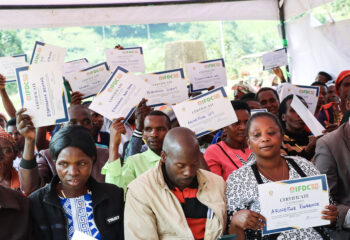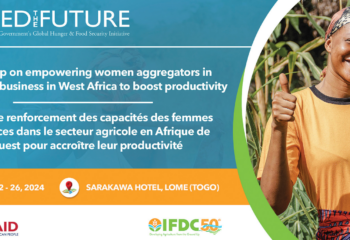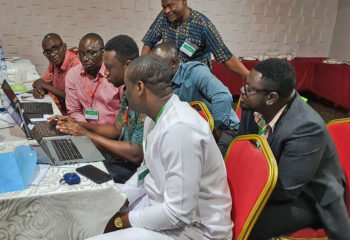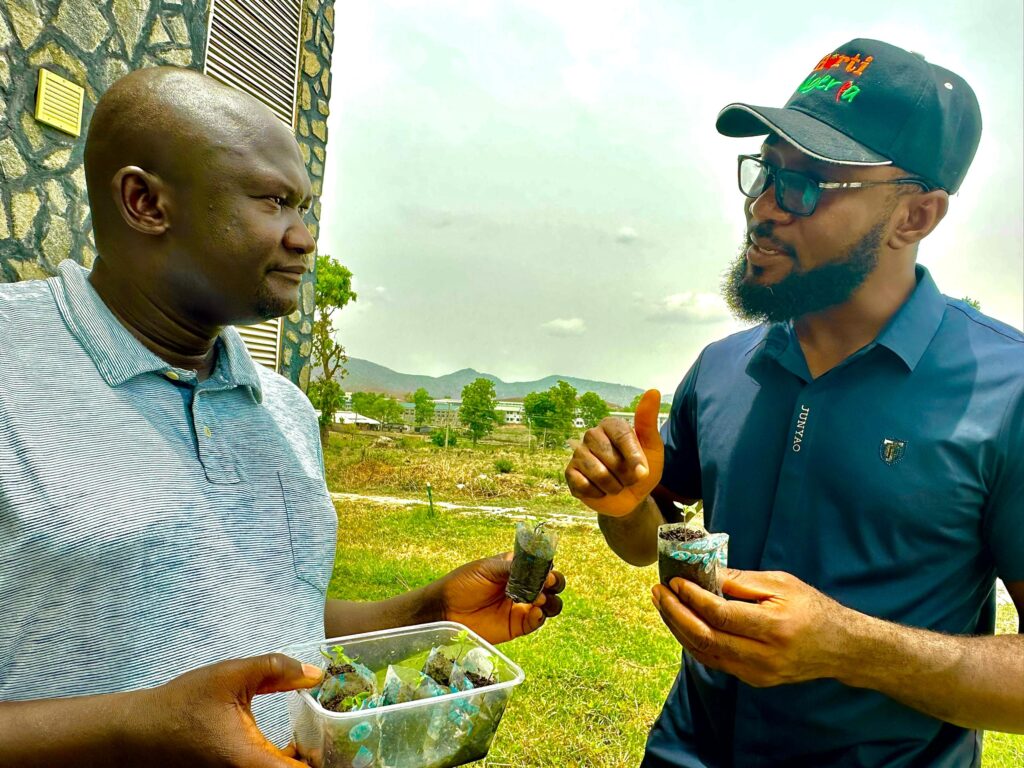
In northern Nigeria, where agriculture forms the backbone of rural economies, a transformative action is taking root through the HortiNigeria program in Kaduna and Kano states. The program addresses two pressing challenges with one innovative solution: combating plastic pollution and enhancing agricultural productivity by recycling plastic bags and repurposing them into seedling propagation mediums. With this solution, HortiNigeria simultaneously promotes environmental sustainability and boosts the efficiency and cost-effectiveness of farming practices for smallholder farmers across the region.
Plastic waste remains a substantial environmental threat in Nigeria, with millions of plastic bags ending up in landfills and bodies of water every year. HortiNigeria recognizes the urgent need to address this issue and promotes an innovative approach by training smallholder farmers to recycle discarded plastic bags, particularly plastic water sachets, to raise seedlings. This initiative helps clean the local environment, and it also importantly turns a pollutant into a resource, demonstrating a practical application of circular economy principles in agriculture.
The core of HortiNigeria’s strategy lies in using recycled plastic bags as containers for seedling propagation. This method involves filling the plastic bags with soil and other organic materials and then planting seeds in them to germinate before being transplanted into fields.
This approach offers several advantages, particularly for smallholder farmers who operate on limited budgets and resources.
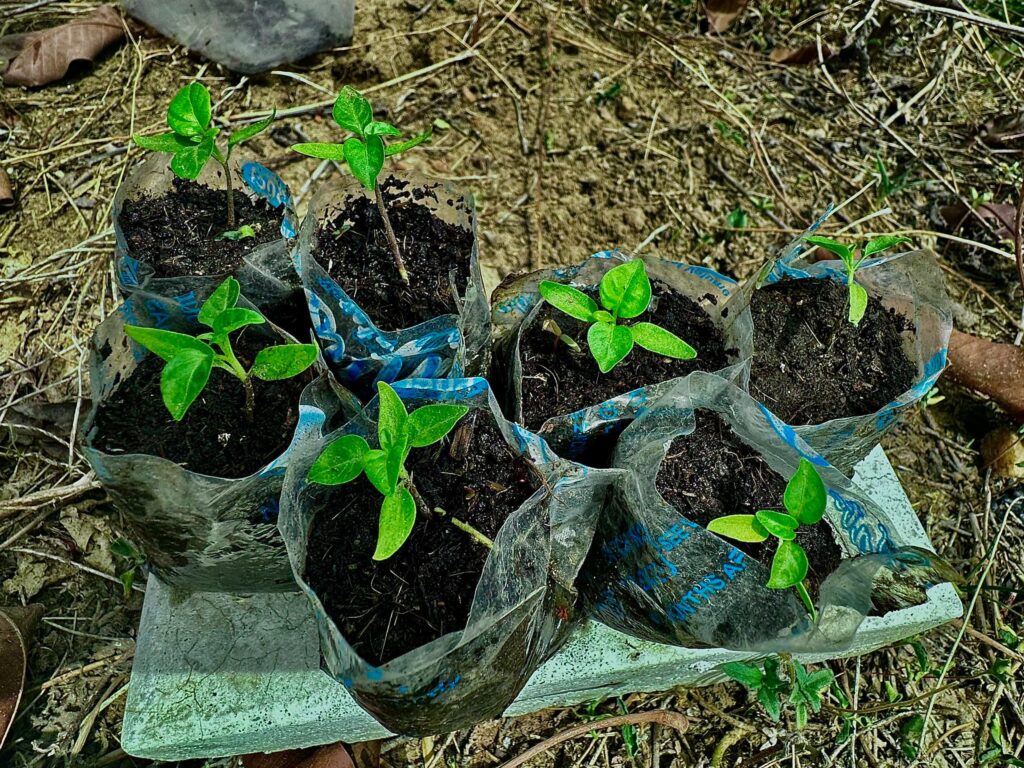
For smallholder farmers, cost is a critical factor that heavily influences their farming practices. Traditional seedling trays and pots, often made from more expensive materials such as ceramic or processed wood, are not economically viable for many of these farmers. Plastic bags, however, provide a low-cost alternative. The use of recycled bags further reduces expenses, making this method highly attractive to farmers seeking to maximize their resources.
Using recycled plastic bags for growing seedlings is not only economical but also offers several other benefits:
- Enhanced Growth Environment: Plastic bags retain moisture effectively, reducing the need for frequent watering and ensuring that seedlings have a consistent supply of moisture, which is crucial during the early stages of growth.
- Flexibility and Portability: These plastic bag seedling containers are lightweight and easy to handle, allowing farmers to manage their nurseries with greater ease and flexibility. They can be easily moved or rearranged depending on the sun’s position and the seedlings’ growth stages.
- Reduced Plant Shock During Transplantation: Transplanting seedlings can stress plants and often affect their growth. Growing seedlings in individual bags minimizes this risk, as the entire bag can be planted into the ground, reducing root disturbance.
HortiNigeria’s efforts go beyond productivity. Through farmer training sessions, farmers learn the importance of recycling and sustainability in rural communities. By turning a harmful waste product into a valuable production tool, smallholder farmers are improving their productivity and profitability. By embracing recycled materials and innovative farming techniques, they are also empowered to lead the charge in the global fight against plastic pollution.
HortiNigeria (2021-2025) is implemented through a consortium led by IFDC that includes East-West Seed Knowledge Transfer (EWS-KT), Wageningen University and Research (WUR), and KIT Royal Tropical Institute and is funded by the Embassy of the Kingdom of the Netherlands in Nigeria.

